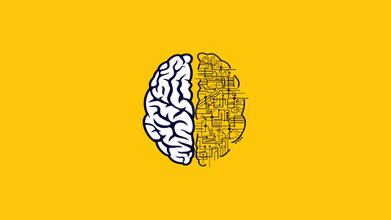AI-Powered Tools In Software Development
Sep 17, 2021 12879 seen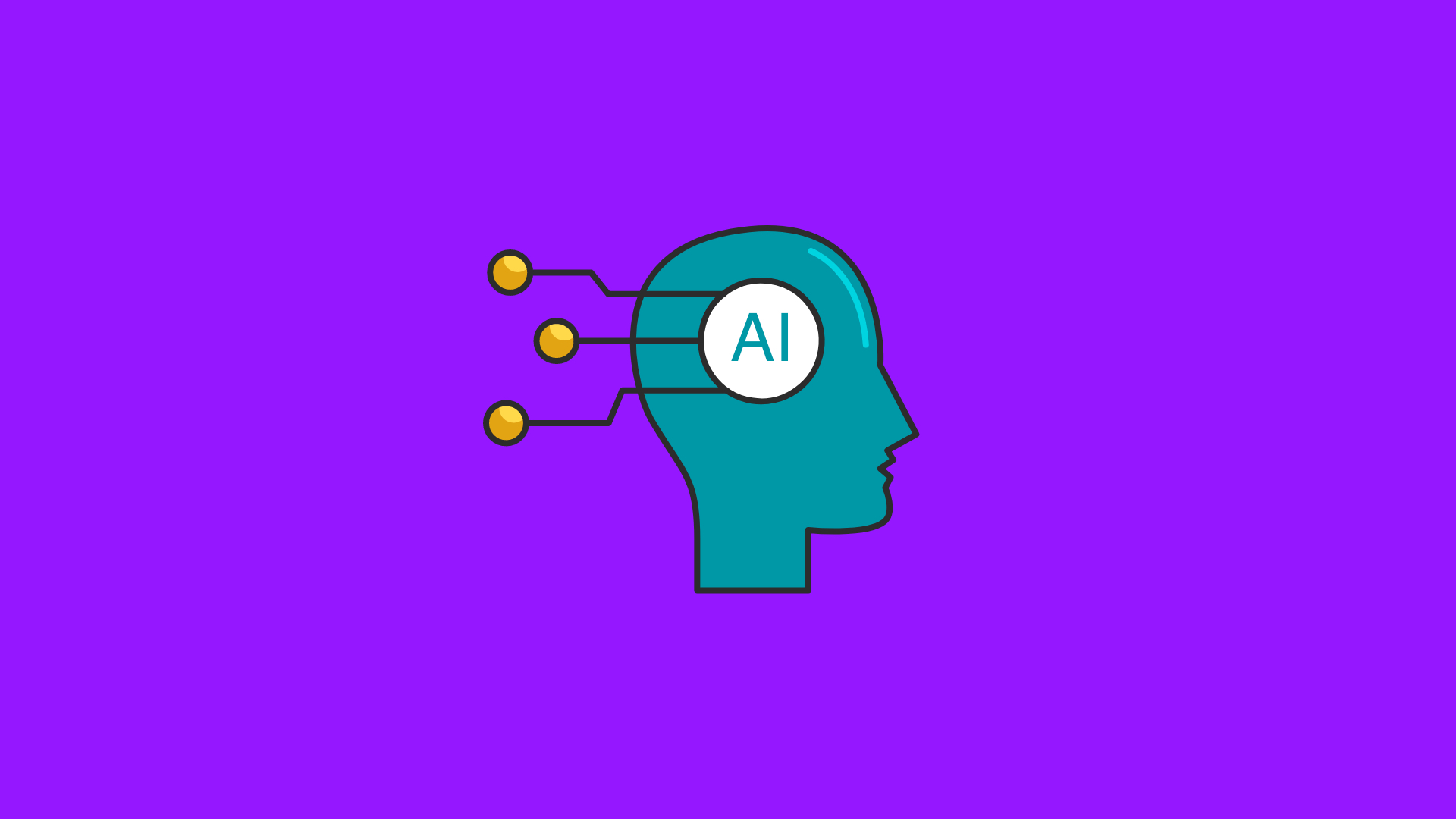
Artificial intelligence tools are increasingly being used in software development, given the rapid advances in artificial intelligence in recent years. Machine learning technology has come a long way to become a popular computer algorithm now. As companies strive to use the best artificial intelligence software in their internal processes, competition between market leaders is fiercer than ever.
However, the use of AI-powered tools in software development can also be a game-changer for your business. In this article, we will introduce you to AI-powered tools in software development, which are becoming more and more popular.
Below you can find the following sections
-
Artificial Intelligence Definition
-
Artificial Intelligence in Software Development
-
How AI and Machine Learning Transform Software Development
-
Benefits And Risks of AI Tools in Software Development
-
Goals of Artificial Intelligence
Artificial Intelligence Definition
The terms "artificial intelligence" and "machine learning" are related, however, they have certain meanings and meanings. Simply put, artificial intelligence aims to enable machines to reason by copying human intelligence. These machines can be used to perform complex tasks, including those requiring human intelligence. AI uses various approaches like deep learning and machine learning to make things more natural.
Using these technologies, computers can perform complex tasks as they process big data, recognize patterns in that data, and make the most of it. Thus, companies are known for their passion for artificial intelligence to gain a competitive advantage over their competitors.
Artificial Intelligence in Software Development
Current investments in AI around the world account for 80% of use by companies across all industries. This number will continue to grow as more players in the market discover the benefits of integrating AI development tools into their operations.
How are you coming? The following are the main functions that can be applied, in particular, in software development. As you can see, AI software development tools are helping to democratize programming, which eliminates the need for manual labor and improves task efficiency. This removes unnecessary pressure from software engineers who may not be good at coding. It also helps automate coding, bug fixing, and the organization of software development projects for a more streamlined workflow.
In addition, AI-powered software development enables companies to offer products and services with personalities that stand out from the crowd.
How AI and Machine Learning Transform Software Development
Artificial intelligence and machine learning are completely changing the way software is developed. They not only add an element of automation that allows software developers to focus on larger tasks. They allow innovation processes to develop at a much faster pace. This is great news - the more improvements that AI and machine learning bring, the more efficient our lives will become.
Take a look at some of the most common transformations that are already taking place in software development thanks to the evolution of artificial intelligence:
- Deployment operations are much easier to manage
Since continuous updates are common for code-based applications and programs, everyone agrees that they happen with the fewest possible bugs. With artificial intelligence and machine learning, the risk of a failed deployment is greatly reduced. As a result, software developers are free to run the latest versions of these applications. They rely on proven machine algorithms that don't work as often as normal ones.
-
Coding errors are at an all-time low
It sounds obvious, but with automation comes the reliance on systems designed to take the human element out of the equation. When writing code, mistakes are often made. This is why when AI and machine learning are integrated, it is easier to avoid duplication and omissions associated with code. Add a code editor to that and you have a solid formula for writing flawless code every time.
- Identifying and fixing errors is straightforward
Perhaps the biggest inconvenience in software development is the detection of bugs that can disrupt the smooth operation of the program. They need immediate fixes, and this is where artificial intelligence comes in. In addition, software developers can also take advantage of the use of machine learning when testing software, as it allows them to identify faulty code much faster.
The 4 Latest Advancements of AI
Artificial intelligence tools and techniques have taken a different form in software development and everyone is ready for it. We're talking about the emergence of efficient tools that make it easy to create more sophisticated programs and applications to help every industry under the sun.

One of these new additions is GitHub Copilot, an AI programmer that takes the guesswork out of coding and gives you tips on how to write better code. You don't need to know how to code. The tool can adapt to your coding style, so you end up with great working code.
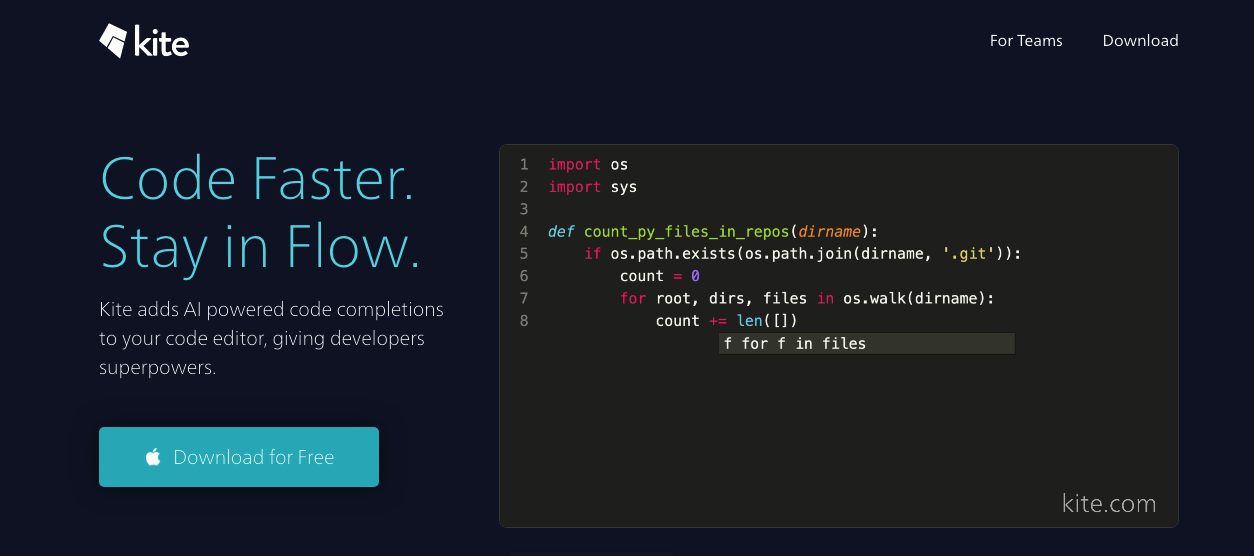
The free Kite AI software, used by thousands of Python developers around the world, remains one of the most requested programming tools, compatible with 13 languages and 16 editors / IDEs. It works like a plugin based on a deep learning algorithm to achieve the highest possible confidence in code completion.
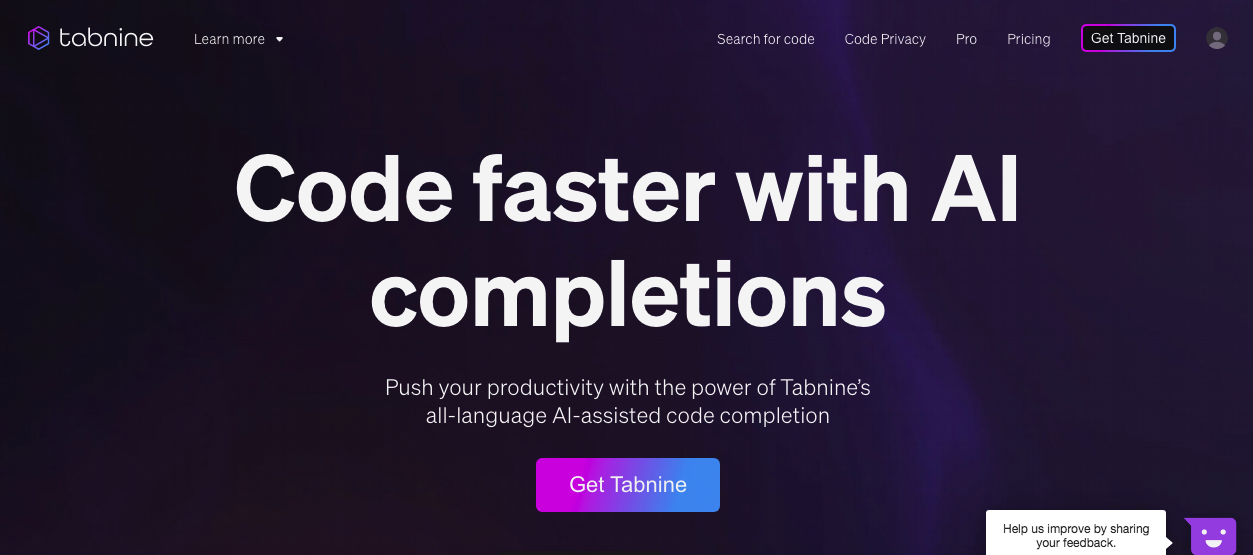
The offered qualities of this code autocomplete tool make coding a walk in the park, helping to write complex codes. Tabone, built on GPT-2, is unlike other code completion plugins. It uses the programmer's past history of code usage to make accurate predictions in the candidate completion field.
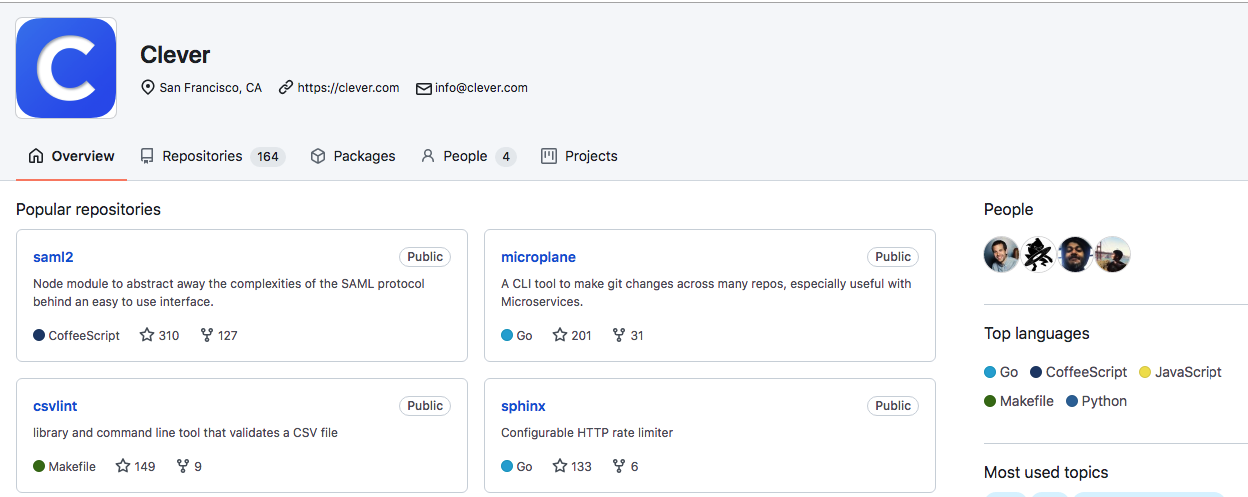
Clever-Commit was designed to prevent and fix bugs (which literally means an acronym) that are currently used exclusively in games. It is a game-changer in the IT industry because it by its nature combines data from a bug tracking system with a database of codes used to find bugs in code.
Benefits And Risks of AI Tools in Software Development
Artificial intelligence in software development, as inspiring and innovative as it is, has its benefits and risks just like any other technology. Before you decide to use the best artificial intelligence software, you must evaluate its pros and cons so that the benefits of integration far outweigh the risks.
To avoid having to fix issues related to the adoption of technologies that are not yet widespread, consider assessing the following risks associated with AI:
- Algorithm bias
Similar to confirmation bias in human psychology, automation bias is an intrinsic part of artificial intelligence that leads people to prioritize automated decision-making over human decision-making. This can lead to the dissemination of false and discriminatory information. This will undermine the effectiveness of the machine learning software it was originally intended to offer.
- Limited confidentiality
It's hard to come to terms with the fact that we create up to 2.5 quintillion bytes of data every day. This staggering figure is also borne out by the need for AI systems to rely on massive amounts of data to function properly. The result is that privacy needs to be sidelined for automation to work smoothly.
- The emergence of hacking algorithms
Talking about privacy, the logical conclusion is that open access to data and code makes it easy to hack AI algorithms and lead to business bankruptcy or, even worse, legal action. These and other risks, even if they can be mitigated, continue to pose a real threat to the future development of AI-powered tools in software development. For this reason, programmers continue to use this tool with caution for informational purposes, and the rights / license to use the code snippets remain open to question.
3 Benefits of AI Tools in Software Development
There is also a downside to AI and machine learning software. Let's say you take your privacy seriously and remain flexible rather than constantly updating and developing AI-powered technologies. In this case, the chances are high that you will defeat your competitors without reinventing the wheel. Here are some of the benefits of using artificial intelligence tools in software development:
1. Better software that doesn't crash.
Bugs and bugs are synonymous with software, and if there is a way to minimize both, it wouldn't be very smart not to use it. Artificial intelligence and machine learning have the unique ability to learn from the past, which by default gives them an edge. And when a system exists that promotes more efficient and error-free programming, software developers are more willing to experiment and innovate.
2. Quick and efficient identification of bugs and errors
When you integrate AI tools, it becomes easier to write code. Programmers do not need to manually search for errors. Deep learning algorithms do it for them.
3. Improved accuracy of estimates
Since the AI can analyze historical data from previous projects and find correlations with current ones, there is a strong likelihood that it evaluates software better. This leads to fewer miscalculations and more efficient operation of programs and applications.
Conclusion
There is no doubt that artificial intelligence and machine learning are changing the way we design software these days. Software developers who are new to the game feel more capable of diving into more experimental coding. By this, they find new and more efficient methods of writing code. At the same time, seasoned professionals can be confident that they will step out of their comfort zone and take on more responsibility when deploying programs of varying complexity.
This indicates that while artificial intelligence can be a useful tool for software developers, we still need to check if it is ready to help programmers at this stage of development. Assess the risks, test the currently available AI tools and techniques, and select those that seem to have the least impact on your company.


